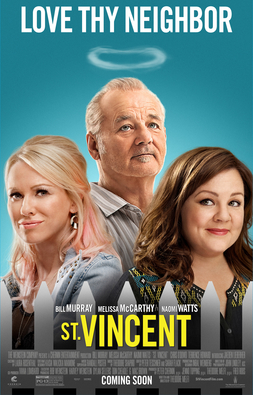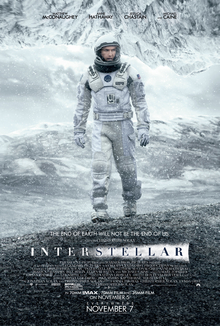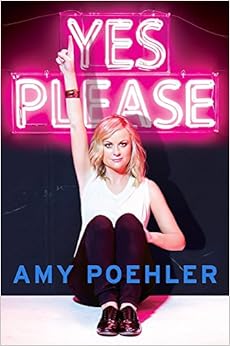 When I first read The Hunger Games, I was obsessed. I couldn't stop reading the books until I was all done. Then I saw the first movie, and loved it. I re-read the books with just as much enthusiasm and watched the second movie, which I adored as well. And now I've just watched The Hunger Games: Mockingjay - Part 1. No surprise, I loved it too.
When I first read The Hunger Games, I was obsessed. I couldn't stop reading the books until I was all done. Then I saw the first movie, and loved it. I re-read the books with just as much enthusiasm and watched the second movie, which I adored as well. And now I've just watched The Hunger Games: Mockingjay - Part 1. No surprise, I loved it too.The movie picks up in the underground bunkers of District 13. Katniss (Jennifer Lawrence) is trying to process her rescue from the arena of the 75th Hunger Games and deal with the guilt of leaving Peeta behind. Alma Coin (Julianne Moore), the President of 13, is trying to figure out if this traumatized girl really is capable of being the spokesperson of the revolution to overthrow the Capitol, a view only enthusiastically being espoused by Plutarch Heavensbee (Philip Seymour Hoffman). Gale (Liam Hemsworth) is turning into a soldier, invested in the fight and eager to obtain retribution for the destruction of District 12. If you have no idea what I'm talking about, go read the books or watch the previous movies, because this is a sequel that has zero interest in recapping events for you and making sure you're caught up.
This movie is jam-packed with action, emotion, and high-stakes drama. There are some brief moments of levity (mostly through Elizabeth Banks' wonderful performance as the ridiculous Effie Trinket), but this is a tale that is true to its dark and dystopian roots. Lawrence's performance is powerful as always, capturing every nuance of Katniss' fear, anger, and bravery as she reluctantly agrees to become the Mockingjay and lead the rebellion. Her conflicted feelings for Gale and Peeta are explored carefully, and despite the many action sequences and epic set pieces, there are also moments of quiet reflection and haunting beauty that remind you of what these people are fighting for. Always a sucker for soundtracks, I have to say the most affecting moment for me was when Katniss sings "The Hanging Tree," which is filmed and turned into a propaganda video, subsequently becoming a rebel anthem. It's a moving and powerful sequence that brilliantly distills the mood of the novels and the complex narrative.
Director Francis Lawrence has a real knack for these movies and he knows how to pace them perfectly. The action is always punctuated with plot and moments of stillness, and while you are swept away in the narrative, you are never overwhelmed. Screenwriters Peter Craig and Danny Strong have done a fantastic job of adapting Suzanne Collins' work and it is very clear that the decision to split the story into two parts was the right one. A lot happens in the novel, and it would have been crazy to pack that all into one movie. By splitting the story into two parts, we get to fully experience the world of the novel and the heart-stopping events that will lead to the ultimate battle against the Capitol. The cliffhanger is perfectly frustrating, and even though I know what's going to happen next, I still can't wait to see it all unfold.
The Hunger Games is a truly great franchise, and Mockingjay - Part 1 is an excellent addition. While I am desperate to see Part 2, I am also sad that this means it's all almost over. But then again, I'll just re-read the novels and re-watch these movies for many years to come.





